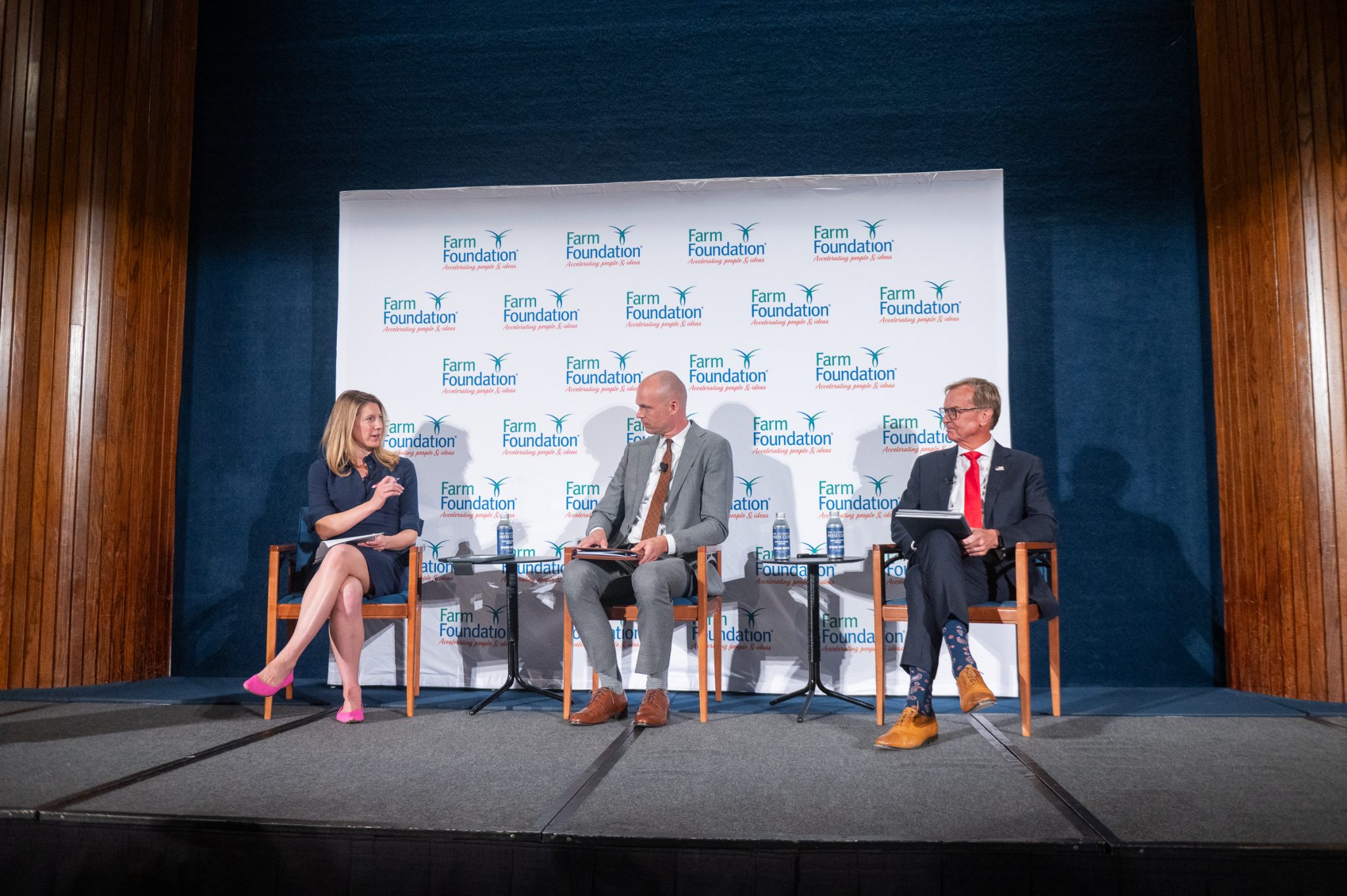Federal court blocks Texas from using new congressional gerrymander in 2026 midterms

State Rep. Matt Morgan, R-Richmond, surveys a map of proposed new congressional districts in Texas, as Democratic lawmakers, who left the state to deny Republicans the opportunity to redraw the state's 38 congressional districts, began returning to the Texas Capitol in Austin on Aug. 20, 2025. REUTERS/Sergio Flores
Texas cannot use its new congressional map for the 2026 election and will instead need to stick with the lines passed in 2021, a three-judge panel ruled Tuesday.
“The public perception of this case is that it’s about politics,” U.S. Judge Jeffrey Brown, a Trump appointee, wrote in the ruling. “To be sure, politics played a role in drawing the 2025 Map. But it was much more than just politics. Substantial evidence shows that Texas racially gerrymandered the 2025 Map.”
Brown ordered that the 2026 congressional election “shall proceed under the map that the Texas Legislature enacted in 2021.” The case will likely be appealed to the U.S. Supreme Court, but time is short: Candidates only have until Dec. 8 to file for the upcoming election.
The decision is a major blow for Republicans, in Texas and nationally, who pushed through this unusual mid-decade redistricting at the behest of President Donald Trump. They were hoping the new map would yield control of 30 of the state’s 38 congressional districts — up from the 25 they currently hold — and help protect the narrow GOP majority in the U.S. House.
The map cleared the GOP-controlled Legislature in August and was quickly signed into law by Gov. Greg Abbott. Several advocacy groups sued over the new district lines, saying lawmakers intentionally diluted the voting power of Black and Hispanic Texans and drew racially gerrymandered maps. Over the course of a nine-day hearing in El Paso earlier this month, they aimed to convince the judges that it was in voters’ best interest to shelve the new map until a full trial could be held.
It was not immediately clear if the state still has a legal path to restoring the new map in time for 2026. Unlike most federal lawsuits, which are heard by a single district judge and then appealed to a circuit court, voting rights lawsuits are initially heard by two district judges and one circuit judge, and their ruling can only be appealed directly to the U.S. Supreme Court.
The decision comes 10 days into the monthlong period when candidates can sign up for the March primary. The filing deadline is Dec. 8.
This is just the opening gambit in what promises to be a yearslong legal battle over Texas’ congressional map. A lawsuit over the state’s 2021 redistricting — including its state legislative and education board seats — went to trial earlier this summer and remains pending before the same three-judge panel. The judges have indicated they may want to see how the U.S. Supreme Court rules on a major voting rights case before issuing their full ruling on Texas’ maps.
But for Trump, and many of his Republican supporters in Texas, the short-term goal of having this map for the 2026 election was as important as the long game.
“I’m convinced that if Texas does not take this action, there is an extreme risk that [the] Republican majority will be lost,” Sen. Phil King, R-Weatherford, said on the floor of the state Senate before the new map passed. “If it does, the next two years after the midterm, there will be nothing but inquisitions and impeachments and humiliation for our country.”
This article first appeared on The Texas Tribune, a States Newsroom partner





